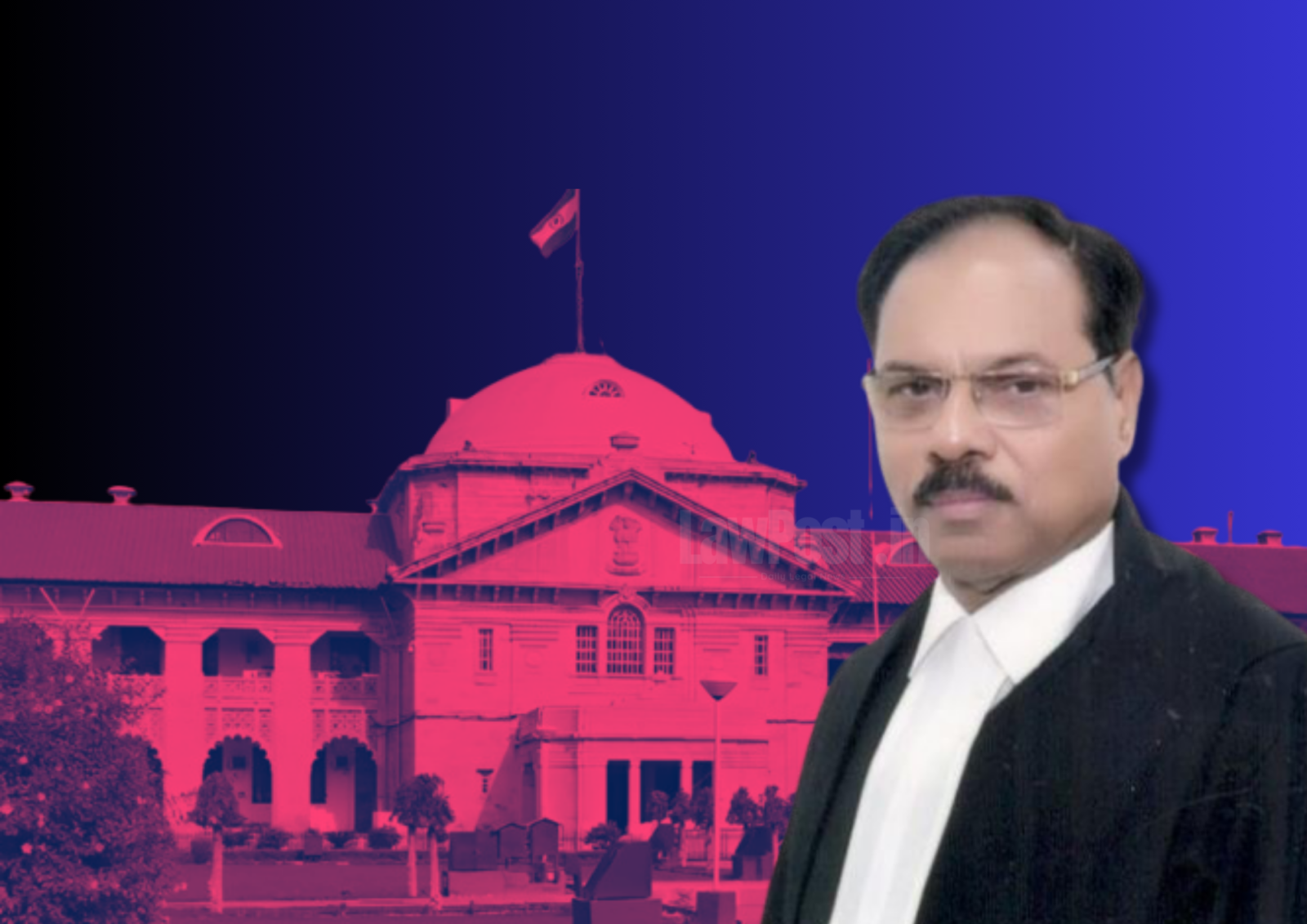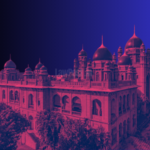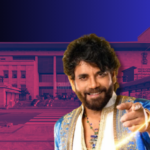Justice Shekhar Kumar Yadav of the Allahabad High Court stirred a major controversy with his remarks at an event organized by the Vishva Hindu Parishad’s (VHP) legal cell, held in the court premises. Addressing issues ranging from the Uniform Civil Code (UCC) to social and cultural practices, the judge made contentious statements about India’s social fabric, which have drawn both support and criticism.
India Will Function as per the Wishes of the Majority
Justice Yadav emphasized that India, being “Hindustan,” must operate in line with the desires of the majority. “This country will function according to the wishes of the majority living here. This is the law,” he stated. Comparing societal governance to familial dynamics, he added, “Only what ensures the welfare and happiness of the majority will be accepted.”
He further underscored the need for vigilance against extremists, controversially using the term kathmullah—a slur against Muslims—when referring to individuals he deemed “detrimental to the country.”
On the Uniform Civil Code
Justice Yadav called for the implementation of the UCC, framing it as a constitutional necessity. Criticizing practices like polygamy, halala, and triple talaq within the Muslim community, he declared, “You can’t claim the right to have four wives, perform halala, or practice triple talaq. This right will not work.” He argued that such practices are discriminatory and unconstitutional, stressing that equality and women’s rights must prevail.
“No one has the right to deny maintenance to a woman or to engage in bigamy. A man will have only one wife, not four,” he added, aligning his views with constitutional principles of equality.
Cultural Critique and Call for Integration
In a broader cultural critique, Justice Yadav highlighted differences in values taught across communities. “In our culture, children are raised with guidance towards God, taught Vedic mantras, and instilled with the values of non-violence. However, in some other cultures, children grow up witnessing the slaughter of animals, which makes it difficult to expect them to develop tolerance and compassion,” he remarked.
Justice Yadav also stressed the importance of respecting India’s culture and traditions, regardless of religious identity. “Anyone who views this land as their mother and is ready to sacrifice their life for the nation during a crisis, irrespective of their religious beliefs, is a Hindu,” he stated.
Ram Mandir and National Identity
Reflecting on the Supreme Court’s Ayodhya verdict, he celebrated the ongoing construction of the Ram Mandir. “Many of our ancestors made sacrifices with the hope of seeing Ram Lalla freed and witnessing the grand temple’s construction. Although they couldn’t live to see it, they played their part, and now, we are witnessing it ourselves,” he said.
A Call for Unity and National Prioritization
The judge concluded with a call to instill patriotism and religious pride in children, warning against equating non-violence with cowardice. “Whether you are an advocate, a businessman, or a student, your identity as a Hindu comes first. Vivekananda also believed that only a Hindu has the potential to make this country a global leader,” he declared.
Reactions and Controversy
The event and Justice Yadav’s remarks have sparked widespread debate, with critics raising concerns over the appropriateness of such statements from a sitting High Court judge. Advocates for secularism have questioned the implications of his remarks for India’s pluralistic society, while supporters have hailed his call for cultural unity and reform.








